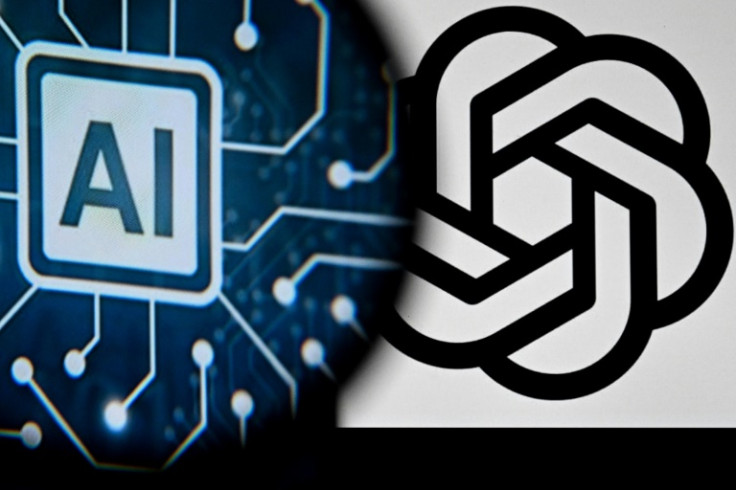UK Chip Designer Sees Shares Almost Double As AI Race Heats Up
AI developers and tech entrepreneurs are seeking ways to diversify their hardware options, including by exploring chipmaking ventures of their own.

UK chip designer 'Arm Holdings' has seen its stock market value almost double in less than a week, as the race to mass-produce AI technology heats up.
The Cambridge-based company reported financial results last Wednesday that showed demand for AI-related technology is boosting its sales.
Since then, Arm's shares have soared and are currently up more than 98 per cent.
Chips designed by Arm already power almost every smartphone in the world.
The firm was taken private by Japan's SoftBank in 2016 and it returned to the stock market last September.
Their increase in value reflects the rising demand for AI materials, such as silicon chips and central processing units (CPUs).
US President Joe Biden recently signed the CHIPS Act, which gives $52 billion in subsidies to build factories across America.
Earlier this year, The European Commission proposed the creation of "AI Factories" to help boost the uptake of generative AI in strategic sectors.
The EU says their proposed initiative was made necessary by AI's rapid and disruptive acceleration. It noted the critical role of foundation models like GPT-4, which gave rise to general-purpose AI systems such as OpenAI's ChatGPT and Google's Bard.
"Mastery of the latest developments in generative AI will become a key lever of Europe's competitiveness and technological sovereignty," reads the strategy, which outlines a strategic investment framework capitalising on the EU's assets.
However, AI developers and tech entrepreneurs are seeking ways to diversify their hardware options, including by exploring chipmaking ventures of their own.
Chipmaker Nvidia has seen its shares more than triple in value in the last year because of its uncontested leadership in AI-training chips, to more than $1.7 trillion.
Last month, tech mogul Elon Musk revealed that Tesla, his automotive company, which designs, manufactures and sells electric vehicles (EVs), will be spending over a whopping $500 million on Nvidia AI chips alone this year.
Meta Platforms, the parent company of Facebook, plans to deploy its own custom-designed artificial intelligence chips, codenamed Artemis, into its data centres this year, according to an internal document seen by Reuters.
Arm's technology is not directly used for AI work, but chip makers like Nvidia are choosing it for CPUs that complement their AI-specific chips.
As companies scramble to source AI materials, investors are eager to support them with significant capital.
A report in the Wall Street Journal claimed that OpenAI CEO Sam Altman is seeking to raise $7 trillion from investors in the Middle East, including the United Arab Emirates, for a semiconductor initiative to power AI projects that would rival Nvidia.
According to the Journal scoop, Altman is pitching a partnership between OpenAI, various investors, chip makers and power providers, which together would put up money to build chip foundries that would then be run by existing chip makers.
OpenAI would agree to be a significant customer of the new factories.
The discussions are in their early stages, the full list of potential investors isn't known, and the effort could span years and ultimately might not succeed.
OpenAI, the company behind the infamous chatbot ChatGPT, are one of the world leaders in AI development.
Microsoft has invested more than $10 billion into OpenAI, and the two businesses have a close partnership, with Microsoft boss Satya Nadella, and Sam Altman, the AI company's chief executive, frequently appearing together.
© Copyright IBTimes 2025. All rights reserved.






















